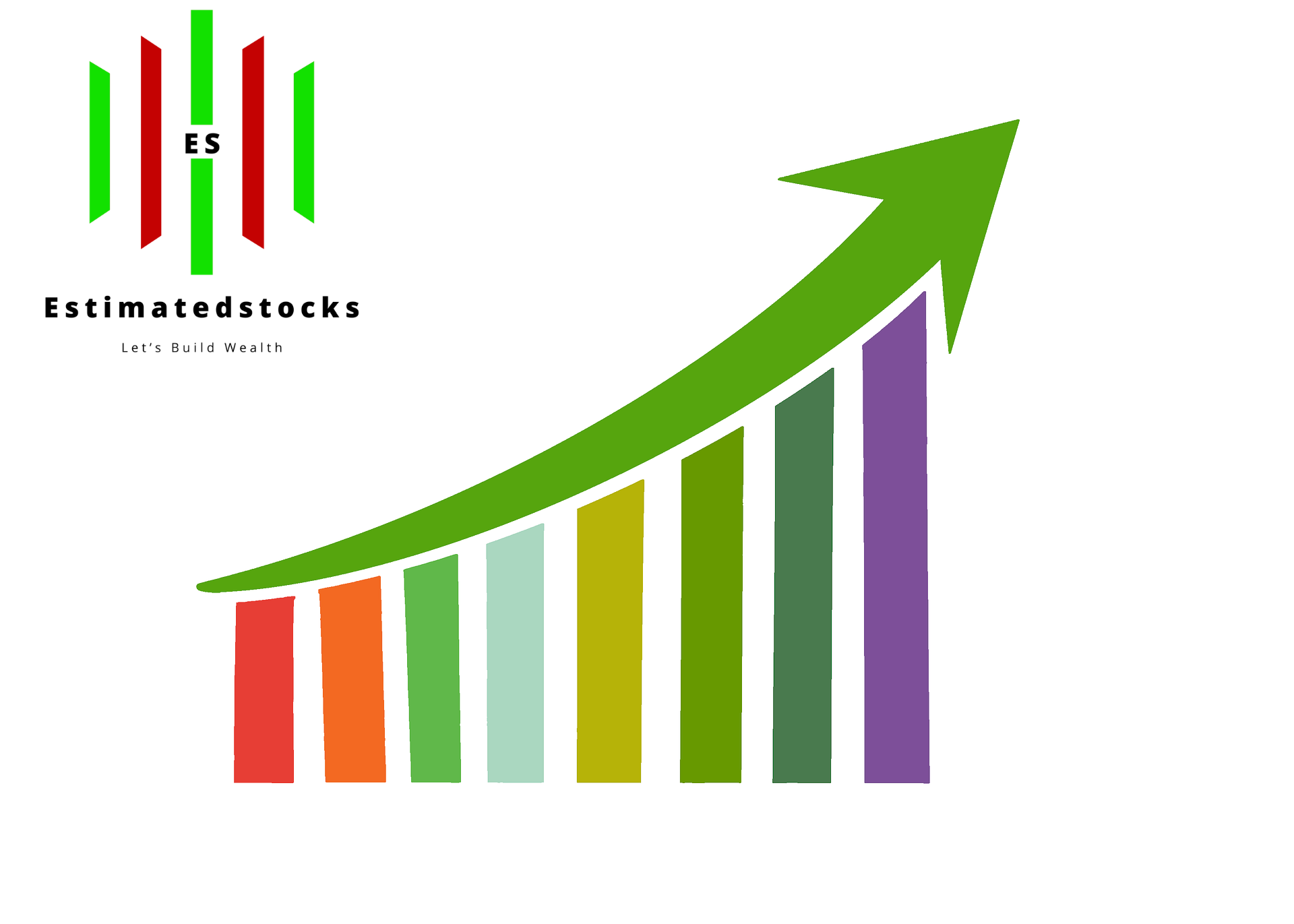Companies are leveraging favorable market conditions for long-term financing, but must balance short-term gains with long-term risks as the impact on financial health becomes clear.
Global Surge in Corporate Borrowing as Companies Seize Debt Market Opportunities
In a strategic move to strengthen their financial positions, companies worldwide are increasingly turning to debt markets, taking advantage of the current favorable conditions to issue bonds and loans. This surge in corporate borrowing reflects a broader sentiment among finance chiefs who are eager to lock in lower borrowing costs while they remain available, driven by the relatively low-risk premiums in the market.
A Wave of Borrowing Across the Globe
The most recent and significant development occurred in the U.S. market, where nearly 30 major corporations collectively issued approximately $43 billion in bonds in a single day. This event marked one of the busiest days on record for the number of issuers, underscoring the heightened level of activity in the debt markets. The strong demand for these bonds highlights investors’ ongoing appetite for high-quality debt securities, particularly from blue-chip companies that are perceived as lower risk.
This wave of borrowing is not confined to the U.S. alone. Companies across Asia and other regions are also actively participating in this borrowing blitz. For example, several firms in Asia have recently issued debt, further contributing to the global surge in bond offerings. These issuances are indicative of a broader strategy among corporations to capitalize on the current market conditions before any potential shifts in the economic landscape could lead to higher borrowing costs or less favorable terms.
Strategic Timing Amid Market Conditions
The timing of these debt issuances is particularly significant. Companies are acting with urgency, prompted by a combination of factors including central banks’ monetary policies, which have kept interest rates relatively low in many regions. The current market environment offers a unique window of opportunity for firms to secure funding at attractive rates, thereby reducing their cost of capital and enhancing their financial flexibility.
Finance chiefs are keenly aware that these favorable conditions may not last indefinitely. With ongoing uncertainties in the global economy—ranging from inflationary pressures to geopolitical tensions—there is a growing sense of urgency to secure financing while terms remain favorable. By locking in long-term debt at lower interest rates, companies can hedge against future market volatility and potential rate hikes that could increase the cost of borrowing.
Investor Sentiment and Market Dynamics
From the perspective of investors, the robust demand for these bonds is a reflection of the current sentiment in the financial markets. Investors are seeking stable returns in an environment where equity markets have experienced heightened volatility, and the search for yield remains a priority. High-quality corporate bonds, particularly those issued by blue-chip companies, offer a relatively safer investment option with predictable returns, making them an attractive choice in uncertain times.
The recent surge in bond issuances also underscores the confidence that investors have in the long-term prospects of these companies. Despite the challenges posed by the global economic environment, the willingness of investors to absorb large volumes of corporate debt indicates a strong belief in the resilience and future growth potential of these firms.
Broader Implications for the Financial Markets
The current borrowing spree has broader implications for the financial markets and the global economy. As companies accumulate debt at unprecedented levels, it raises questions about the sustainability of this trend and the potential risks associated with higher leverage. While the ability to secure low-cost financing is beneficial in the short term, there is a need for careful management of this debt to avoid overextension that could lead to financial strain in the future.
Moreover, the surge in corporate borrowing is likely to influence the direction of monetary policy. Central banks may monitor this trend closely, considering its impact on financial stability and the broader economy. Should the borrowing spree continue at its current pace, it could prompt policymakers to reassess their strategies, particularly if they perceive a risk of overheating in the debt markets.
Independent Analysis & No Investment Advice EstimatedStocks AB is an independent financial research platform. This publication is ...
Author
Shaik K is an expert in financial markets, a seasoned trader, and investor with over two decades of experience. As the CEO of a leading fintech company, he has a proven track record in financial products research and developing technology-driven solutions. His extensive knowledge of market dynamics and innovative strategies positions him at the forefront of the fintech industry, driving growth and innovation in financial services.


